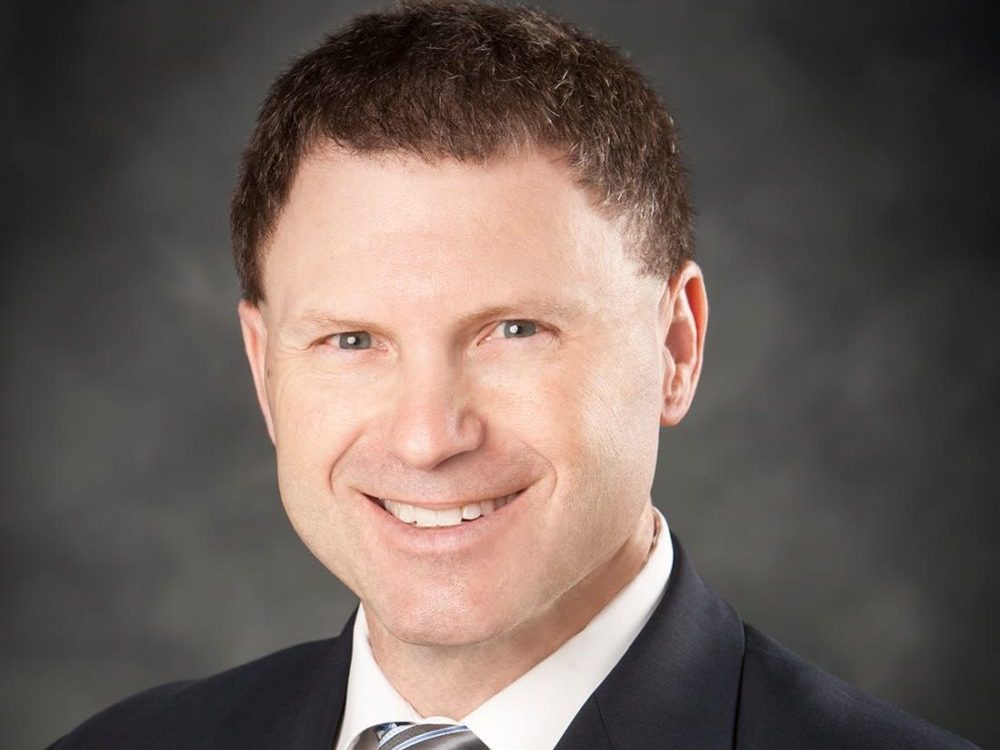AFN makes a point each December to gather insights from around the agrifood world on what to expect as one year closes and another begins.
Contributing to this three-dimensional perspective this year is Roger Royse a partner in the Palo Alto office of law firm Haynes and Boone, and a long-standing agtech industry lawyer.
Royse has worked with countless agrifood companies initiatives over the years, from farm management software to biotech to robotics, helping producers, investors, and tech companies alike on exits and initial public offerings.
Below, Royse (RR) shares his thoughts on the IPO market, controlled environment agriculture (CEA) and the role of private equity in agrifood investing.
AFN: Tell us a few really noteworthy investment trends you saw in 2022.
RR: One was the dominance of ESG [environmental, social & governance] in agtech. Back when we had our conference a month or two ago, every single panel came around to ESG. It’s top of mind for every investor; it’s top of mind for companies.
I could theorize all day as to why that is. With investment funds, and venture funds in particular, their investors are very interested in ESG. Potential acquirers or even the regulators for companies going public, are putting a big emphasis on ESG disclosures. Companies that have an ESG sensitivity are in a better market position.
I do not see that going away in 2023.
AFN: How does the industry keep “ESG” from becoming just another buzzword?
RR: “ESG in agtech means transparency. If you can find companies that actually deliver a solution that says “we really can do what we say we can do,” that’s pretty powerful.
It’s also about reducing inputs as well as decarbonization and better tech.
AFN: What other trends stood out from 2022?
RR: This one kind of surprised me: “farm management” is no longer a dirty phrase.
When I started doing agtech 10 years ago, one VC told me directly not to send him any more farm management companies.
[Farm management] tech has come a long way. The market acceptance has gotten to a point where this can be a real business and a real profitable business.
Another trend is that investors have finally gotten smarter about what they’re getting into, and they’re starting to understand that agtech investments are a little different. Agriculture itself is different: highly regulated, heavily subsidized. That translates into a longer exit path for agtech.
Finally, the industry has matured enough now that private equity has gotten into the mix.
As the industry has matured (we started our Silicon Valley agtech group more than 10 years ago), more companies now have private equity metrics in terms of revenue and profitability. This gives private equity the opportunity to apply strategies that have been successful in other industries such as roll-ups, integration, and efficiencies from combining agtech businesses. I am seeing that trend now and it can only increase.
AFN: What investment trends can we expect to see in 2023?
RR: Private equity will play an even bigger role — the sector is maturing.
ESG is going to continue to be top of mind for most of my clients.
And 2023 might be the year that controlled environment agriculture CEA gets its act together. Maybe 2023 is the year that different groups will talk together and someone can finally make a profit.
AFN: What about IPOs?
RR: The IPO market is starting to come back. SPAC [special purpose acquisition company] exits have increased as well, and M&A exits have gone downward.
My sense is that there is pent-up demand after last year’s volatility and I am seeing more optimism among our clients about accessing the public markets in 2023.
2023 might be the year of more big public offerings.
AFN: Should startups brace themselves for another year of a tough fundraising environment?
RR: Possibly. However, the nature of venture capital is that funds need to deploy capital and, after the recent declines in venture investment, there is a lot of dry powder. My hope and belief is that the VCs will decide that they have reached the bottom of startup valuations and can now return to normal investment levels.





